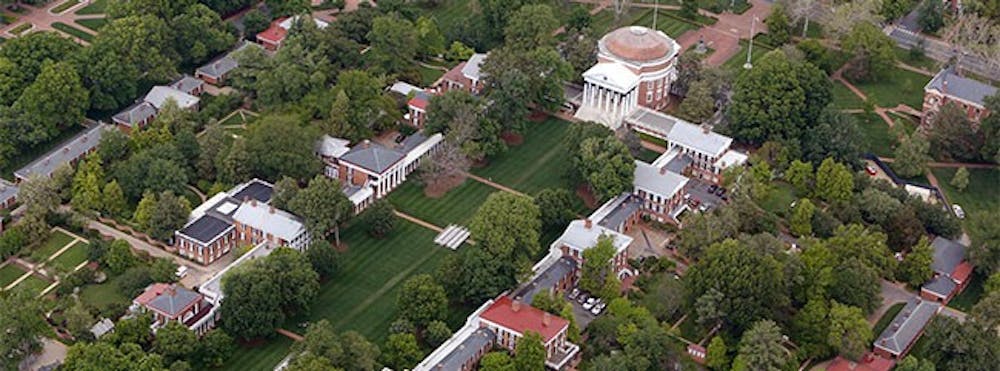The University has a strong global presence, boasting a diverse network of current students and alumni originating from, studying and working abroad.
During the 2015-16 academic year, more than 2,000 international undergraduate and graduate students from more than 130 nations were enrolled at the University, according to the International Studies Office.
International Student and Scholar Advisor Adrienne Kim Bird said ISO works closely with students to ease the transition of moving to the United States.
“We work with incoming international students from the moment they get admitted and even before,” Bird said. “Primarily our role is to help students maintain their legal status, although in the course of that we deal with all kinds of issues — academic issues and personal issues.”
ISO hosts several programs geared toward international students to help them integrate and feel comfortable at the University, Bird said. Programs include special workshops, weekly cooking courses and English language classes, among others.
The majority of international students come to the University from China, India and South Korea.
After graduating, many University alumni also choose to work or pursue graduate education outside the United States.
The University currently has 19 international U.Va. Clubs designed to connect alumni abroad with current students, fellow alumni, parents and friends in their geographic area. The University has active clubs in Canada, Europe, South America, East Asia and the Middle East.
Some clubs, like the U.Va. Club of Singapore, promote the University at local high schools and assist interested applicants. Some alumni also work as host families to support current undergraduates who wish to study or work in Singapore.
College graduate Sophie Syed, president of the U. Va. Club of Singapore, said Singapore is a transient country, but in spite of this the club has over 100 active members who regularly attend and connect with each other at events.
“We actually have a few pretty large annual events,” Syed said. “We’ve got an annual send-off that is actually hosted by two Wahoos who both went to Darden. This family is actually really well-known within the Singapore community and they've been hosting it for over 20-something years now.”
College graduate Douglas Smith, president of the U.Va. Club of Japan, said his club offers a wide variety of events for its members.
“This Friday, we are doing a bowling event at the American Club followed by dinner,” Smith said. “We do a cherry blossom viewing in the spring and we have done ski events before.”
College graduate Stephen Hartka is the president of the U.Va. Club for France, which has about 150 members located mainly in the Paris area and around 20 members who are regularly active.
The club mainly serves as a social organization which allows alumni to get together a few times a month, although it also organizes events with University professors in Paris and students studying abroad, Hartka said.
“It’s just good to keep in touch every now and then and be able to share some time with people who went to U.Va.,” Hartka said.
Hartka said studying abroad as an undergraduate was one of the major factors which encouraged him to move to France after he received his degree.
“I don’t know if I would have had the courage to go through with it if I hadn't done a year abroad,” Hartka said. “It definitely made it more of a realistic option to move to France.”
During the 2015-16 academic year, 1,775 undergraduate students and 744 graduate students studied abroad in one of the University’s 50 available programs.
Darci Spuck, director of Global Alumni and Friends Engagement at the McIntire School of Commerce, said studying abroad as an undergraduate can change someone’s lens and help them to develop cultural competency.
For employers looking for potential talents in their team, studying abroad would be desirable, Spuck said. The McIntire School of Commerce offers roughly 21 study abroad programs for graduate and undergraduate students.
“If someone studies abroad that means they have probably developed independence and are most likely comfortable with ambiguity,” Spuck said. “They are more likely to accept diversity and difference and tend to be quite curious people.”







